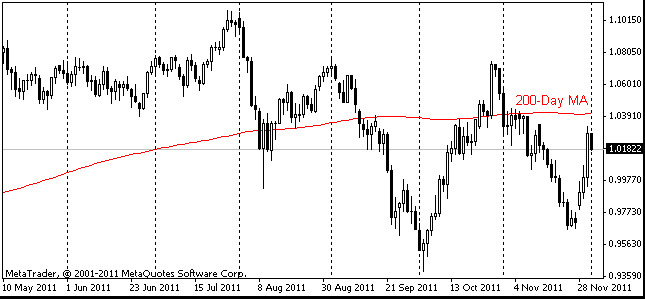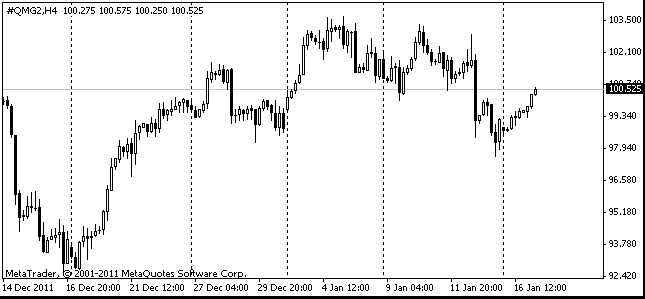EUR/usd
Though neither the Fed nor the ECB have decided on whether to expand their balance sheets or not, the markets already see it as a settled thing for both the CBs. Yet, Europe needs asset purchases much more than the USA. Provided the ECB and the Fed followed the same rules to help their economies (or are ruled by same people), we would see a much bigger decline in the euro. For comparison, the EU economy has shrunk by 0.4% against the level of the previous year, while the US economy demonstrates a 2.2% growth. The unemployment rate in the euro zone amounts to 11.2% and keeps growing, hitting new highs, meanwhile in the USA this indicator is at 8.3% and has been growing only in the summer, traditionally slack, months. The consumer sentiments in the USA look rather optimistic, while in Europe consumers are getting more and more downbeat about the current economic situation. The EU stock indices are either flat or on the decline, while the USA flirts with 4-year highs. The real estate market in the euro zone remains in the downtrend, while in the USA most indicators are on the rise. As we know, similar initial parameters don't necessarily mean that politicians will act in the same way as well. Though both the CBs call on officials for more active measures and keep repeating that the monetary leverage is not almighty, Bernanke still sounds as if he gave recommendations while draghi almost openly delivers ultimatums. Apparently, most EU officials are already prepared to make certain concessions as they themselves can't think of any measure which would be more effective than asset purchases. However, against all logic, if the ECB purchases the troubled countries' bonds, it will only support the euro despite the general reduction in yields. It's pretty simple, despite the decline in the yields the bonds will turn from speculative high-risk securities into investment ones with a rather high yield.

GBP/USD
Yesterday Britain had a rest, and most sterling markets did the same. Yet, very few traders didn't venture to go against the trend, which has been forming since the end of the previous week. The British pound was gradually sold off, so its rates went below 1.58 by the end of the day. The opening of trading in Asia provoked the drop of the pound down to 1.5750 due to triggering of stop-loss orders. It is very likely that the downward movement will fizzle out today as in the short term the pound starts to look overbought, especially in the absence of any significant statistics.

AUD/USD
The aussie seems to have serious intentions to reach the 200-day MA, which is now a bit below 1.03. Now the Australian currency is rated at 1.0379 against USD, which is the lowest level for the month. About a week ago we counted that the decline from 1.06 to 1.033 would be within the limits of a standard correction, which has been frequently observed in the Aussie over the last year.

oil
Yesterday's message about the impact made by Storm Isaac on the production in the Gulf of Mexico triggered the sell-offs of WTI Oil. During the day the commodity first grew to 97.70, but then at some point dropped down to 94.40. Today the black gold recouped some of its losses, having risen to 95.70. Most likely, speculations around a high probability of further QE from the Fed and the ECB will keep contributing to the growth of Oil.
